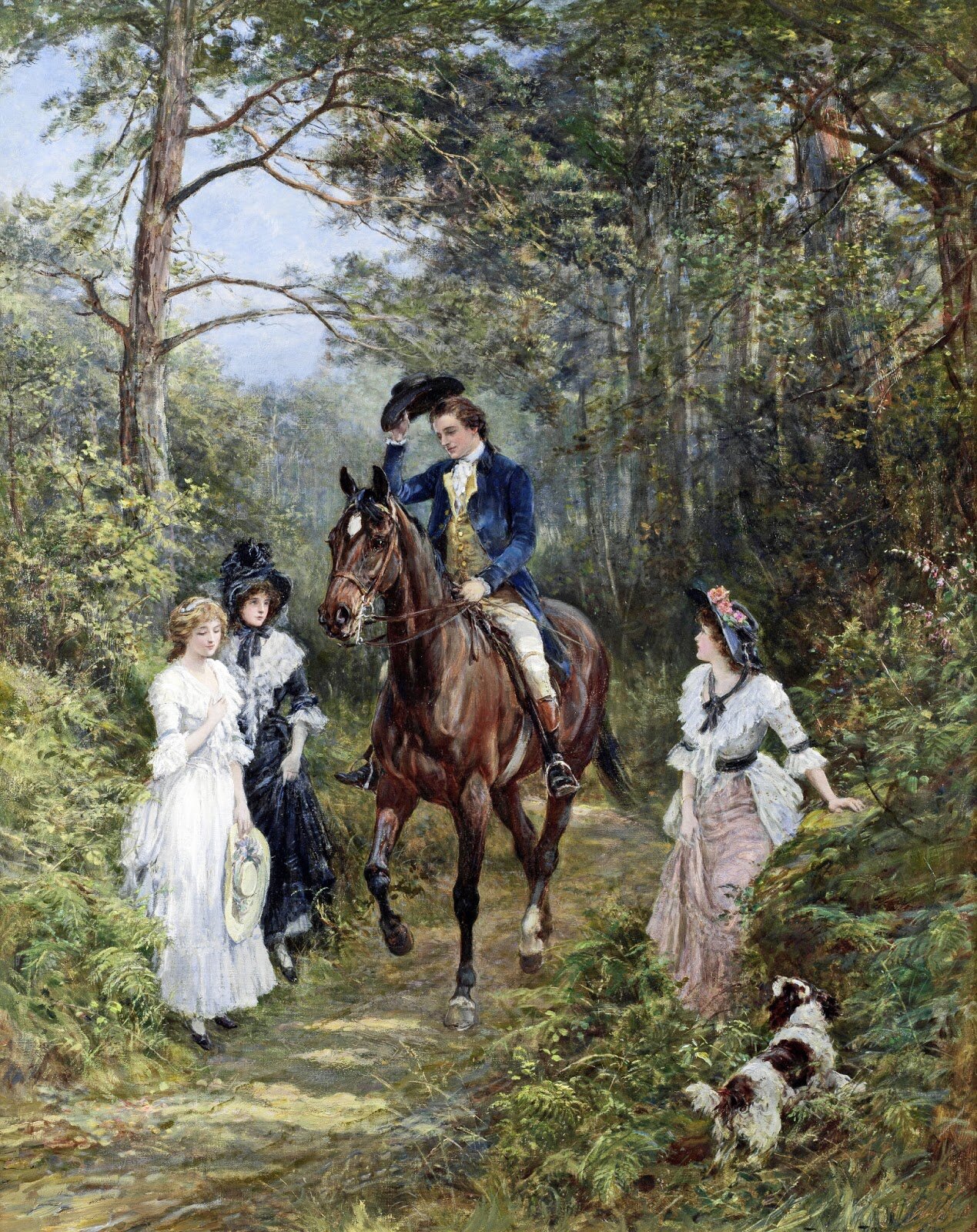George Elgar Hicks, Woman’s Mission - Companion of Manhood
The virtuous daughter of a country lawyer is scorned by her selfish, worldly mother.
Here is another novel by Alice Price (see Novel 021), much like its predecessor in its engrossing but implausible plot and its well-defined characters.
“A very readable story. . . . Mrs. Price has drawn her dramatis personae with some power and vigour, and nobody could possibly find this novel tedious.” Academy, November 20, 1886
“This is an excellent tale, and shows by a conspicuous example, which some of our lady-novelists might profitably note, that it is quite possible to rouse a strong interest in a love-story without even an allusion to unlawful passion. . . . There are, we think, defects in the plot. . . . But, on the whole, for sound sense, good feeling and taste, and a style which can be both pathetic and humorous on occasion, this is a book which cannot easily be surpassed.” Spectator, January 29, 1887
Download this week’s novel:
v.1 https://archive.org/details/wilfulyoungwoman01pric/























